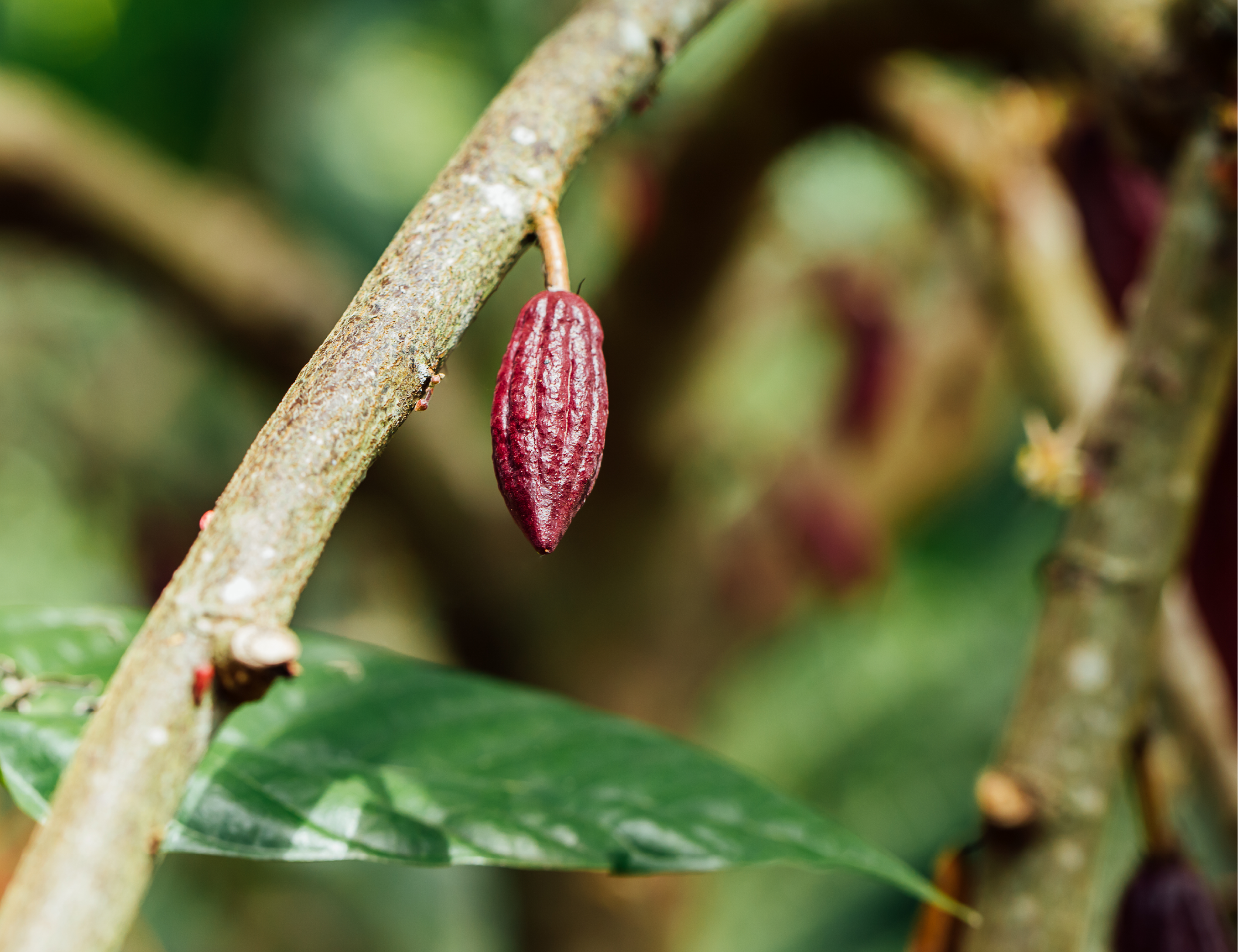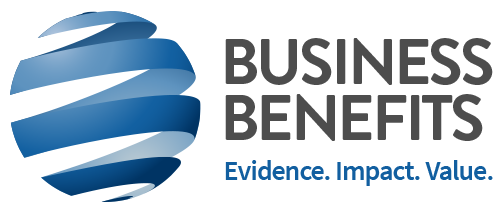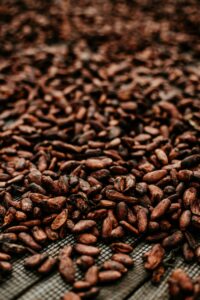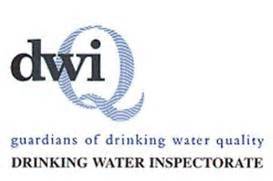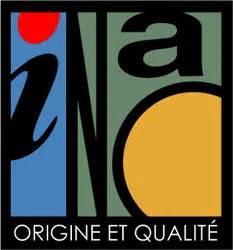Case Study
Accreditation in support of sustainable cocoa production by SMEs in Côte d’Ivoire
Summary
The West African Accreditation System (SOAC WAAS) is the accreditation body of the eight member states of the West African Economic and Monetary Union (UEMOA). In 2013, the Ivorian Parliament adopted Law No. 2013-866 of December 23, 2013 relating to standardization and quality promotion; this Law made SOAC WAAS accreditation mandatory for conformity assessment bodies, whether they are established on Ivorian territory or not, as long as they carry out conformity assessment activities within the country. It is in this context that the Ivorian Coffee and Cocoa Council, the Regulatory Authority for the coffee and cocoa sectors in Côte d’Ivoire, has made SOAC accreditation mandatory for certification bodies responsible for assessing the compliance of cocoa sector cooperatives with the ARS 1000 standard. This standard, developed by the African Organisation for Standardisation (ARSO), aims to establish traceability systems for cocoa production to ensure that they do not contribute to deforestation in Côte d’Ivoire.
Background
The Republic of Côte d’Ivoire is the world’s leading exporter of cocoa beans with an estimated market share of 55% in 2022.
Deforestation is noted to be one of the major causes of global warming; it also has a negative impact on biodiversity. The European Union (EU), which is the leading importer and home to the world’s leading chocolate makers, has noted that cocoa cultivation belongs to a group of industrial cultures which contribute significantly to deforestation. A new EU Regulation was adopted in this regard in 2023, namely the EU Regulation 2023/1115 on deforestation-free products. This Regulation is expected to reduce greenhouse gas emissions and biodiversity loss.
It aims to make it illegal to place products that have contributed to deforestation after 31 December 2020 on the European market; this Regulation will come into force in 2025.
On its side, to address the issue of deforestation, Côte d’Ivoire has developed, with the support of the African standardization body (ORAN/ARSO), the ARS-1000 standard which establishes the requirements for “good practices” in cocoa production with the aim of guaranteeing the traceability and environmental sustainability of the sector.
Strategy
To demonstrate that cocoa has not come from the destruction of forests after 31 December 2020, it is necessary to have a traceability mechanism for the plots where cocoa is grown. Cocoa farmers are grouped together in small- and medium-sized enterprises (SMEs) organised into agricultural cooperatives. The Regulator in charge of coffee and cocoa issues in Côte d’Ivoire is the Conseil Café Cacao (CCC). The CCC has launched a far-reaching program to bring all cocoa production cooperatives established on Ivorian territory up to standard by the end of 2025. This objective involves certification of these cooperatives to the ARS-1000 standard. ARS-1000 is thus a certification scheme that has requirements for both cocoa certification and the quality management system of cocoa exporting cooperatives.
To ensure that the system is reliable and credible, the ARS 1000 standard provides that in Côte d’Ivoire, certifiers shall be accredited according to the ISO/IEC 17065 and ISO/IEC 17021-1 standards by SOAC WAAS according to Law No. 2013-866.
Faced with this request, SOAC WAAS, which is a signatory to the multilateral recognition arrangement of the International Accreditation Forum (IAF) for ISO/IEC 17065 accreditation and ISO/IEC 17021-1 accreditation, has accelerated the implementation of a system to offer, within the expected timeframe, accreditation services on these two standards to all certifiers interested in having the CCC approval to certify cooperatives in Côte d’Ivoire.
Results and impact
Through this approach, SOAC WAAS demonstrates that accreditation must be at the service of regulators, particularly to resolve economic problems. Cocoa is an essential pillar of the Ivorian economy, generating 40% of export revenues and contributing between 15 and 20% to the national GDP. This sector employs nearly 600,000 planters and supports more than 6 million people. SOAC WAAS intends to play its full role alongside the Ivorian authorities, who aim to maintain cocoa exports to major markets such as the EU.
